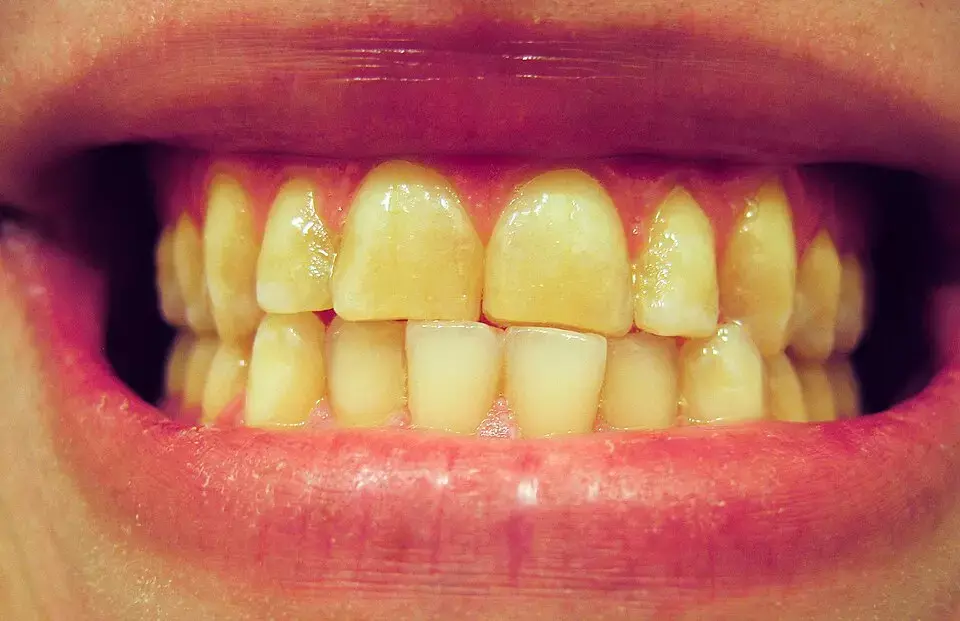- Home
- Medical news & Guidelines
- Anesthesiology
- Cardiology and CTVS
- Critical Care
- Dentistry
- Dermatology
- Diabetes and Endocrinology
- ENT
- Gastroenterology
- Medicine
- Nephrology
- Neurology
- Obstretics-Gynaecology
- Oncology
- Ophthalmology
- Orthopaedics
- Pediatrics-Neonatology
- Psychiatry
- Pulmonology
- Radiology
- Surgery
- Urology
- Laboratory Medicine
- Diet
- Nursing
- Paramedical
- Physiotherapy
- Health news
- Fact Check
- Bone Health Fact Check
- Brain Health Fact Check
- Cancer Related Fact Check
- Child Care Fact Check
- Dental and oral health fact check
- Diabetes and metabolic health fact check
- Diet and Nutrition Fact Check
- Eye and ENT Care Fact Check
- Fitness fact check
- Gut health fact check
- Heart health fact check
- Kidney health fact check
- Medical education fact check
- Men's health fact check
- Respiratory fact check
- Skin and hair care fact check
- Vaccine and Immunization fact check
- Women's health fact check
- AYUSH
- State News
- Andaman and Nicobar Islands
- Andhra Pradesh
- Arunachal Pradesh
- Assam
- Bihar
- Chandigarh
- Chattisgarh
- Dadra and Nagar Haveli
- Daman and Diu
- Delhi
- Goa
- Gujarat
- Haryana
- Himachal Pradesh
- Jammu & Kashmir
- Jharkhand
- Karnataka
- Kerala
- Ladakh
- Lakshadweep
- Madhya Pradesh
- Maharashtra
- Manipur
- Meghalaya
- Mizoram
- Nagaland
- Odisha
- Puducherry
- Punjab
- Rajasthan
- Sikkim
- Tamil Nadu
- Telangana
- Tripura
- Uttar Pradesh
- Uttrakhand
- West Bengal
- Medical Education
- Industry
Sleep Bruxism Linked to Higher TMD Recurrence Post-Treatment: Study

Researchers have found in a new study that sleep bruxism significantly increases the risk of temporomandibular disorder (TMD) recurrence within six months after treatment. It was that despite notable improvements in pain, jaw function, and mouth opening following physical therapy, 25% of patients experienced recurrence. Daytime oral behaviors improved, but nocturnal bruxism persisted. The analysis identified bruxism as an independent risk factor, with an odds ratio (OR) of 4.41.
Oral behaviours are risk factors for temporomandibular disorder (TMD), but the associations between oral behaviours and TMD prognosis remain unclear. A study was to assess the effect of oral behaviours on TMD prognosis.
This single-centre retrospective study included 99 TMD patients (12 males and 87 females, median age: 28 years) who received physical therapy between January and August 2022 and completed a 6-month follow-up. Pain intensity, mouth opening, jaw function and oral behaviours were assessed at baseline. At follow-up, disease recurrence and the abovementioned indicators were assessed. Paired-samples t tests were used to compare pain, mouth opening and jaw function before and after treatment. Chi-squared tests were used to assess changes in oral behaviours.
Multivariate logistic regression analyses were used to identify risk factors for TMD recurrence. p < 0.05 indicated statistical significance. TMD recurrence was reported by 25 patients, yielding a recurrence rate of 25%. After physical therapy, the patients' pain, mouth opening and jaw function significantly improved (p < 0.001).
The oral behaviour during waking hours was effectively corrected (p < 0.05); however, it was difficult to improve nocturnal oral behaviour (p > 0.05). Multivariate logistic regression analysis revealed that sleep bruxism was an independent risk factor for TMD recurrence (OR = 4.411, p = 0.023). Sleep bruxism is a significant risk factor for TMD recurrence. Close attention should be given to whether TMD patients have a habit of sleep bruxism.
Reference:
Yang Y, Qin JX, Yao Y, Liu SS, Zeng H, Fang ZY, Xu LL, Cai B. Sleep Bruxism Is a Significant Risk Factor for the Recurrence of Temporomandibular Disorder: A Single-Center Retrospective Study. J Oral Rehabil. 2025 May 2. doi: 10.1111/joor.13991. Epub ahead of print. PMID: 40317789.
Dr. Shravani Dali has completed her BDS from Pravara institute of medical sciences, loni. Following which she extensively worked in the healthcare sector for 2+ years. She has been actively involved in writing blogs in field of health and wellness. Currently she is pursuing her Masters of public health-health administration from Tata institute of social sciences. She can be contacted at editorial@medicaldialogues.in.
Dr Kamal Kant Kohli-MBBS, DTCD- a chest specialist with more than 30 years of practice and a flair for writing clinical articles, Dr Kamal Kant Kohli joined Medical Dialogues as a Chief Editor of Medical News. Besides writing articles, as an editor, he proofreads and verifies all the medical content published on Medical Dialogues including those coming from journals, studies,medical conferences,guidelines etc. Email: drkohli@medicaldialogues.in. Contact no. 011-43720751


